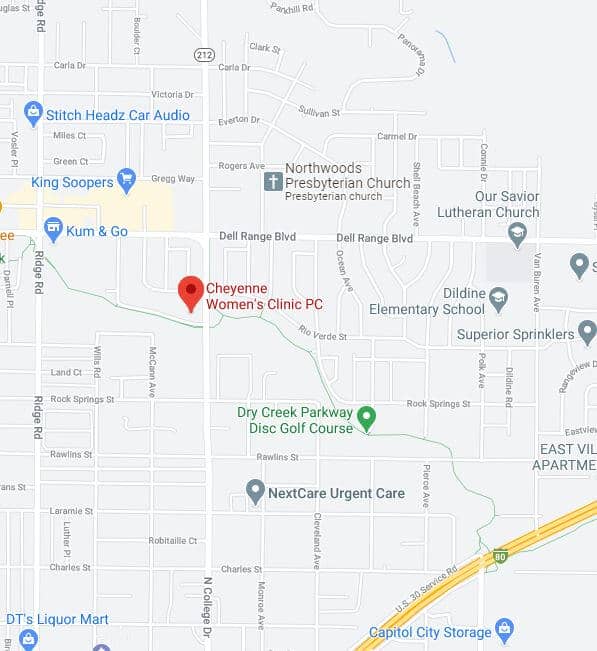Whether or not you are due for cervical cancer screening, you should still see your ob-gyn at least once a year. Your routine visit is a good time for you and your ob-gyn to share information and talk about your wishes for your health care.
During your visit, you and your ob-gyn can talk about any number of common concerns, such as problems with sex or birth control, pelvic pain, or abnormal bleeding.
You also can talk together about whether you need a breast exam or pelvic exam. Plus, you can discuss testing for STIs (sexually transmitted infections), getting the vaccines you need, having your blood pressure checked, and other general medical issues.
The routine visit to your ob-gyn is crucial for your overall health, and cervical cancer screening is just one small—but important—part of that.





